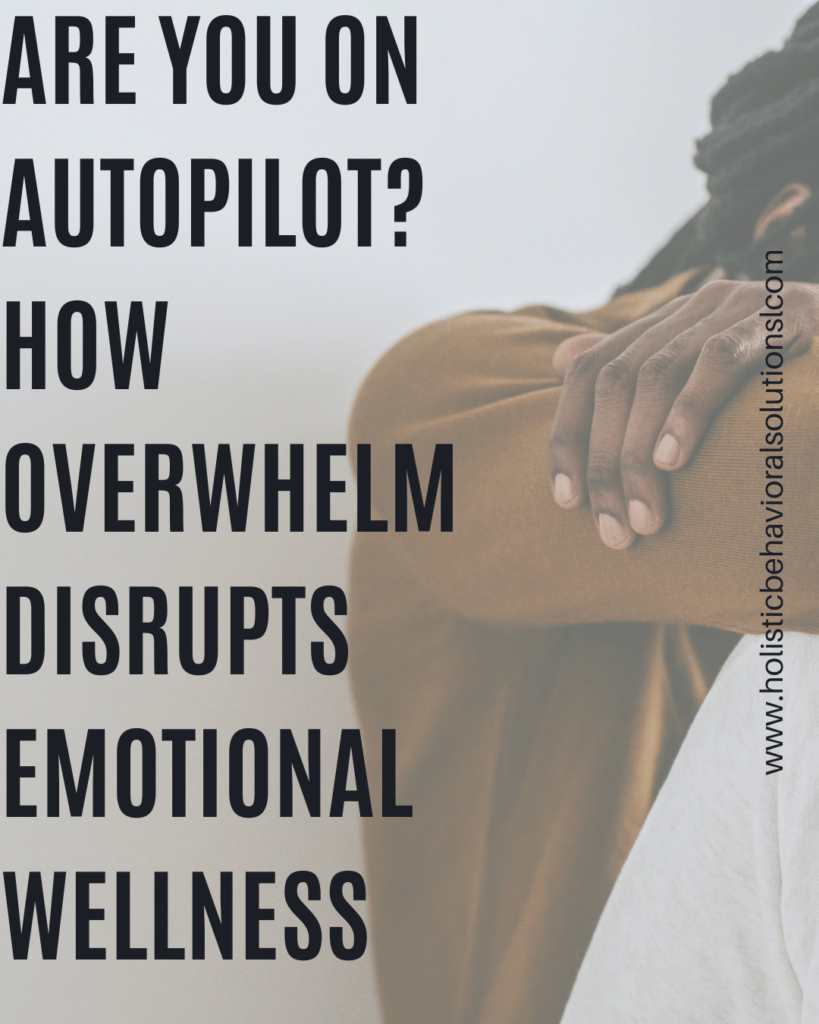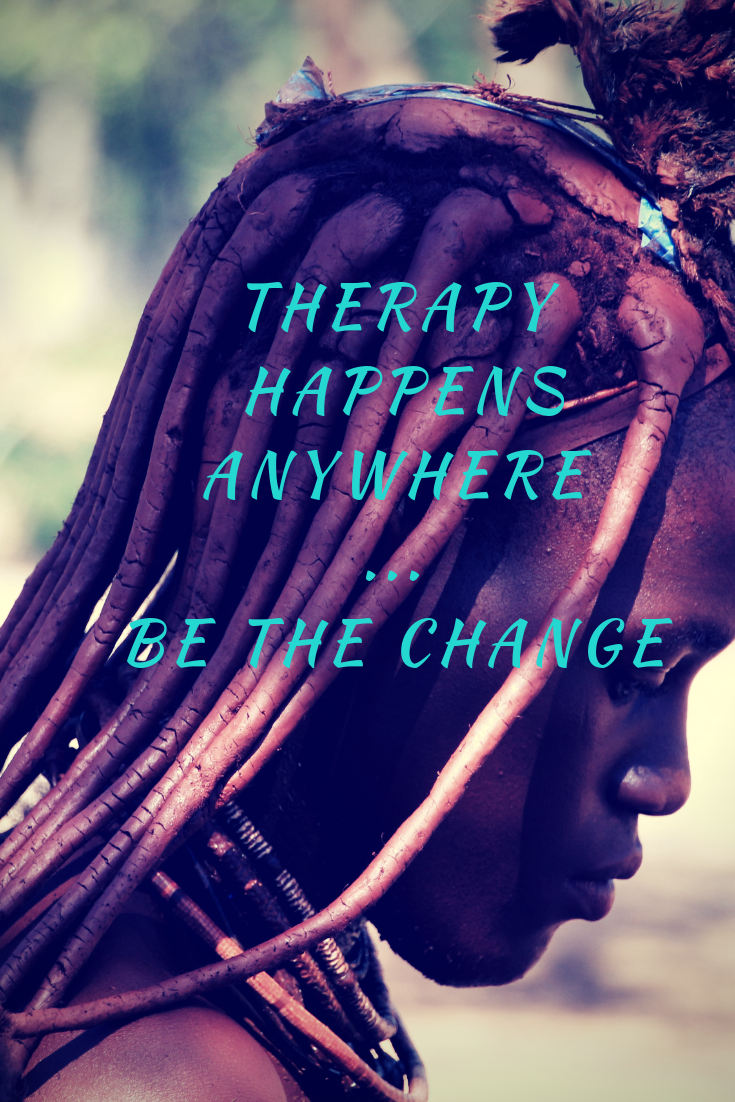
In today’s world, life moves fast—and sometimes, too fast for our emotional health to keep up. From morning routines to back-to-back responsibilities, it’s easy to fall into the trap of doing rather than being. And before we know it, we’re running on autopilot—disconnected, exhausted, and overwhelmed.
In therapy sessions, I often hear people say:
- “I don’t feel like myself anymore.”
- “I’m juggling everything, but I’m not okay.”
- “I just keep going because I don’t know how to stop.”
If any of that feels familiar, you’re not alone.
Living on Autopilot: The Emotional Toll
When we’re in survival mode, we tend to:
- React instead of respond
- Numb out or emotionally shut down
- Feel disconnected from our values, goals, and even loved ones
- Experience burnout, anxiety, irritability, or emotional fatigue
These signs of emotional overload often fly under the radar until something forces us to stop—a panic attack, a conflict, or the realization that we’re simply not happy.
This is where therapy becomes a sanctuary. It’s a space to slow down, reconnect, and begin asking the deeper questions:
What do I really need right now?
What direction do I want to move in?
What’s driving me—and is it aligned with my values?
When Fast Living Leads to Disconnection
In a world that rewards hustle, slowing down can feel like falling behind. But emotional wellness isn’t about how fast you move—it’s about how present you are.
When you’re constantly multitasking or tending to others’ needs, it’s easy to lose sight of your own emotional landscape. You may notice:
- Feeling “off” but unsure why
- Struggling to enjoy things that used to bring joy
- Increased conflict in relationships
- Difficulty focusing or sleeping
These are signals—not failures. They’re invitations to pause and check in with yourself.
Therapy for Emotional Wellness Starts Here
Recognizing that something feels “off” is often the first step toward healing. In therapy, we begin by:
- Identifying the areas of overwhelm
- Slowing down the mental “noise”
- Clarifying what matters most to you
- Creating small, sustainable changes rooted in self-awareness
From there, we begin to move from reactive living to intentional living—where your emotional health becomes a priority, not an afterthought.
Your First Step: A Gentle Check-In
Take a quiet moment to ask yourself:
- Am I moving through life or just managing it?
- When was the last time I felt grounded and connected?
- What is one thing I can do today to honor my emotional needs?
If even asking these feels hard, you’re already doing the work—you’re noticing. And that’s where healing begins.
Looking Ahead
In later posts, we’ll explore the power of setting intentions in therapy—and how doing so helps you create emotional direction instead of just coping.
Until then, be gentle with yourself. You’re allowed to pause. You’re allowed to reflect. And you’re absolutely allowed to change your pace.
Support Your Emotional Wellness
While you begin to check in with yourself, support your wellness from the inside out. Visit The Holistic Store for supplements and tools that help regulate your mood, ease stress, and bring your nervous system back into balance.

